Bergamot – Citrus Bergamia Risso – is a citrus fruit
that looks like an orange but has the brilliant yellow
colouring of a lemon. It has a tart citrus taste, slightly
reminiscent of a grapefruit. Nobody really knows how
this genetic mutation has come about, but it’s suspected
to be a hybrid of Citrus Limetta (sweet lime) and Citrus x
aurantium (bitter orange).
It’s quite possible you’ve never come across the
Bergamot fruit before now. It’s one of nature’s best
kept secrets, holding a huge amount of benefits.
But before we tell you more about these secrets,
let’s start at the beginning with a bit of background
education about the Bergamot.
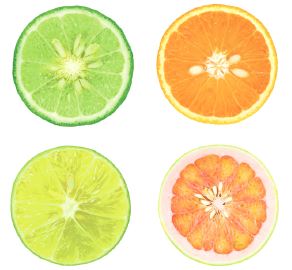
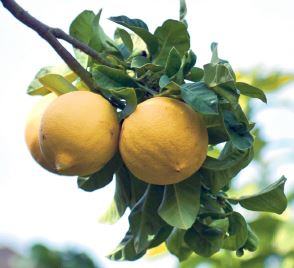
The bergamot tree thrives and flourishes on the sundrenched
Calabrian slopes along the Ionian Coast in
Southern Italy – the fruit is named after the Calabrian
town of Bergamo.

In fact, bergamot is the symbol of the Reggio district
of Calabria and Bergamotto di Reggio Calabria is the
legendary “berg-armudi” or “prince’s pear”.
If you are a tea drinker, you may be aware that bergamot
oil is used to impart the unique citrus aroma and flavour
in Earl Grey tea – a recipe that dates back to the start of
the 19th Century.
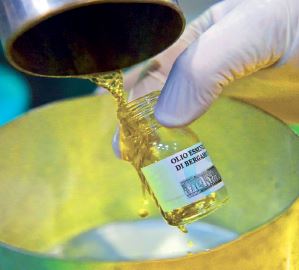
For over 400 years, the bergamot has been cultivated –
not for its fruit – but for the value of its famous “green
gold” – its precious rind or peel – which is used to distil a
highly aromatic essential oil. This is still in demand today
by leading perfumiers as a vital element for some of the
world’s most expensive perfumes.
However, over the past few decades, the fruit has come
to prominence for its health and wellbeing properties
and is now seen as being even more precious as it begins
to disclose its medicinal, health and wellbeing secrets.

There’s really so much to tell, that it’s hard to know where
to start, as the bergamot fruit has ever- expanding health
giving properties that are just being discovered.
The juice contains high levels of Vitamin C, B1 and B2, as
well as Vitamins A and E – and, just like other members of
the citrus family, it has high levels of flavonoids.
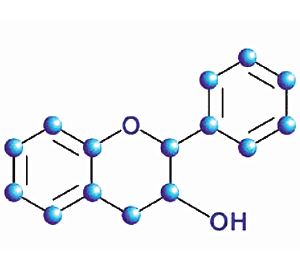
However, the bergamot fruit has a particular and
somewhat unique flavonoid composition that has
attracted the attention and interest of medical
researchers. They have discovered that there is a
direct and highly beneficial correlation between these
flavonoids and our cardiovascular health – especially the
ability to lower levels of cholesterol in much the same
way as pharmaceutical statins do.
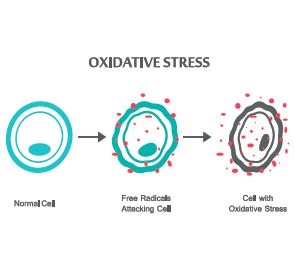
This discovery has prompted more researchers to give
their attention to investigating other properties of
bergamot – finding that these polyphenols are very
potent antioxidants that can protect against tissue
damage by free radicals in the body, especially within
arteries and blood vessels.
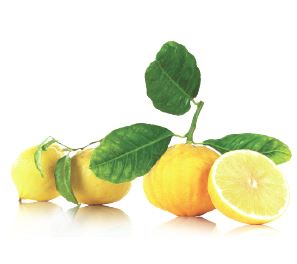
One study into bergamot’s effectiveness in being able to
reduce cholesterol has been published for medical and
scientific scrutiny and peer-reviews (you can find this
study on our website*) showing very promising results.
Other studies are, as yet, unpublished, but the indications
are that these will also show positive results and will then
prompt large-scale trials in the very near future.

In 2010, studies carried out by the Department of
Chemistry at the University of Cosenza in Italy led to the
identification of two exclusive elements in Bergamot
Juice which have the effect of inhibiting the production
of cholesterol in the blood.

Bergamot Juice’s unique profile of flavonoids contains
flavanones and flavones – and, even more fascinating,
is that careful analysis has shown it has the highest
percentage content from amongst any of the 42 species
of citrus fruits.
Bergamot Juice contains relatively rare neoeriocitrin
and neohesperidin and, as recently discovered, rare
brutieridin and melitidin that mimic the actions of a
moderate dose of pharmaceutical statin, such as 10mg
Rosuvastatin.

This important scientific discovery of Bergamot Juice
acting like a natural statin has since been patented by
the university and published in leading scientific journals,
leading to considerable interest by the international
scientific community.
It confirms the therapeutic value of Bergamot Juice in
reducing LDL (bad cholesterol) and increasing HDL
(good cholesterol) that also protects the liver.

To explain about statins, if you don’t already know
– these slow the enzyme that causes cholesterol
production and they help clear LDL cholesterol from
the bloodstream.
Statins also help slow the formation of plaque, which
can cause blockage of arteries and reduce blood flow to
extremities. When blood flow to the heart is blocked or
reduced, the risk of heart disease and heart attack are
greatly increased.

Helping to keep arteries healthy and
blood pressure down
Blood lipid levels are just one aspect of cardiovascular
health. Our blood vessels are involved in
vasoconstriction/dilation and can therefore affect
blood pressure, inflammation, blood clotting and
even the formation of new blood vessels. It is believed
that the beneficial aspects of Bergamot Juice in being
able to reduce lipids in the blood can help to suppress
inflammation, inhibit plaque formation and can
contribute to improved arterial health.

This anti-hypolipidemic capability may possibly assist
in preventing hardening of the arteries – a precursor to
heart attack and stroke. Another benefit from all of this is
that Bergamot Juice may be able to help you to maintain
lower levels of blood pressure.
Reducing blood sugar levels and the
control of diabetes
It’s not just people concerned about high cholesterol
who may benefit from Bergamot Juice. If you have
been shown to be at risk of diabetes, perhaps with prediabetes
or metabolic syndrome, the juice has been
shown to lower blood glucose levels by 15-25%.

Without going into the detailed chemical processes
involved, Bergamot Juice has indicated its ability to
affect AMPK, which is a central regulator of energy and
is involved in the metabolism of glucose and fatty acids.
Activating AMPK can improve insulin sensitivity, promote
glucose uptake in cells and can suppress the synthesis of
glucose in the liver, thereby lowering blood sugar levels.
Additionally, it can help to stimulate the burning of fatty
acids and this, in turn, could possibly assist with weight
control.
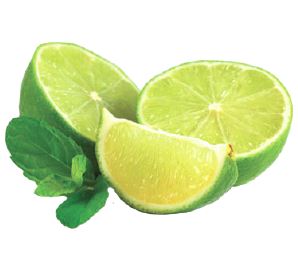
Unlocking even more secrets …
The benefits and advantages of Bergamot Juice are still
being unlocked and it’s hoped that, in time, more detail
will soon be forthcoming about how it may also help
combat bone and muscle problems.
Because of its high Vitamin C content, Bergamot Juice
may assist with calcium absorption that helps to
strengthen bones and teeth. It also appears to help with
muscle spasms and cramps, anaemia caused by poor iron
absorption – even congestion in the liver.
